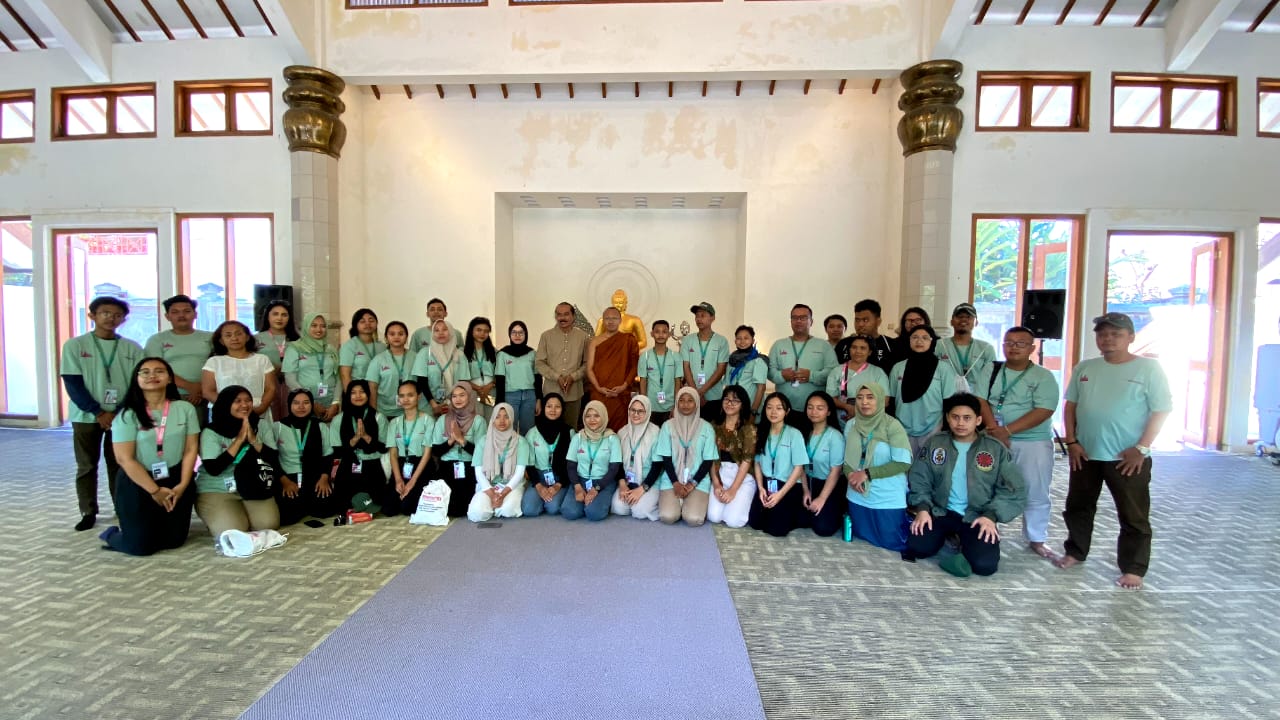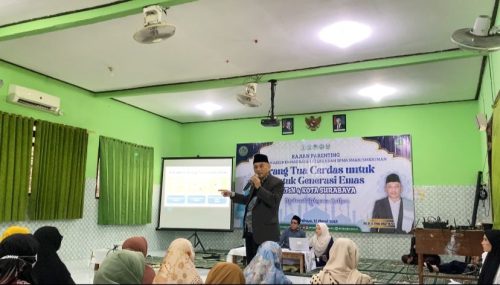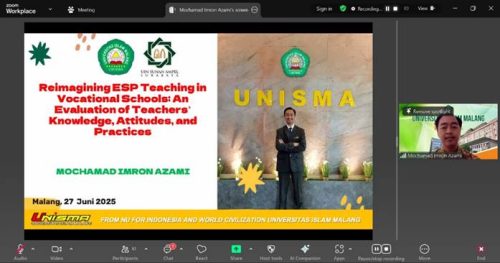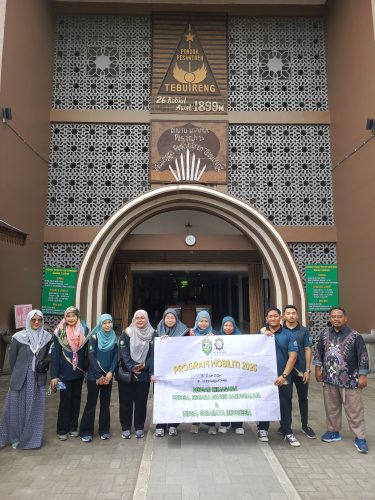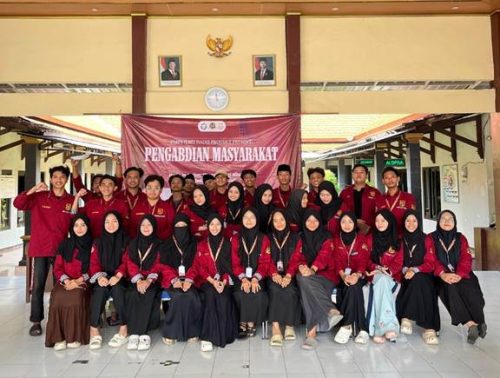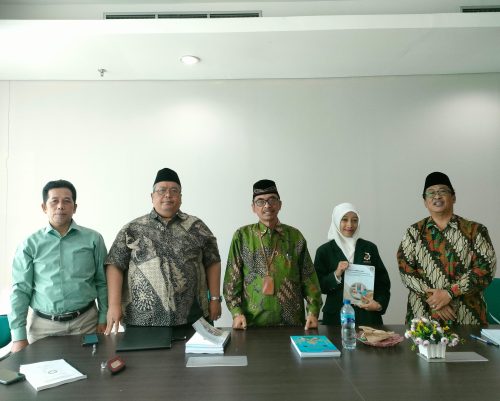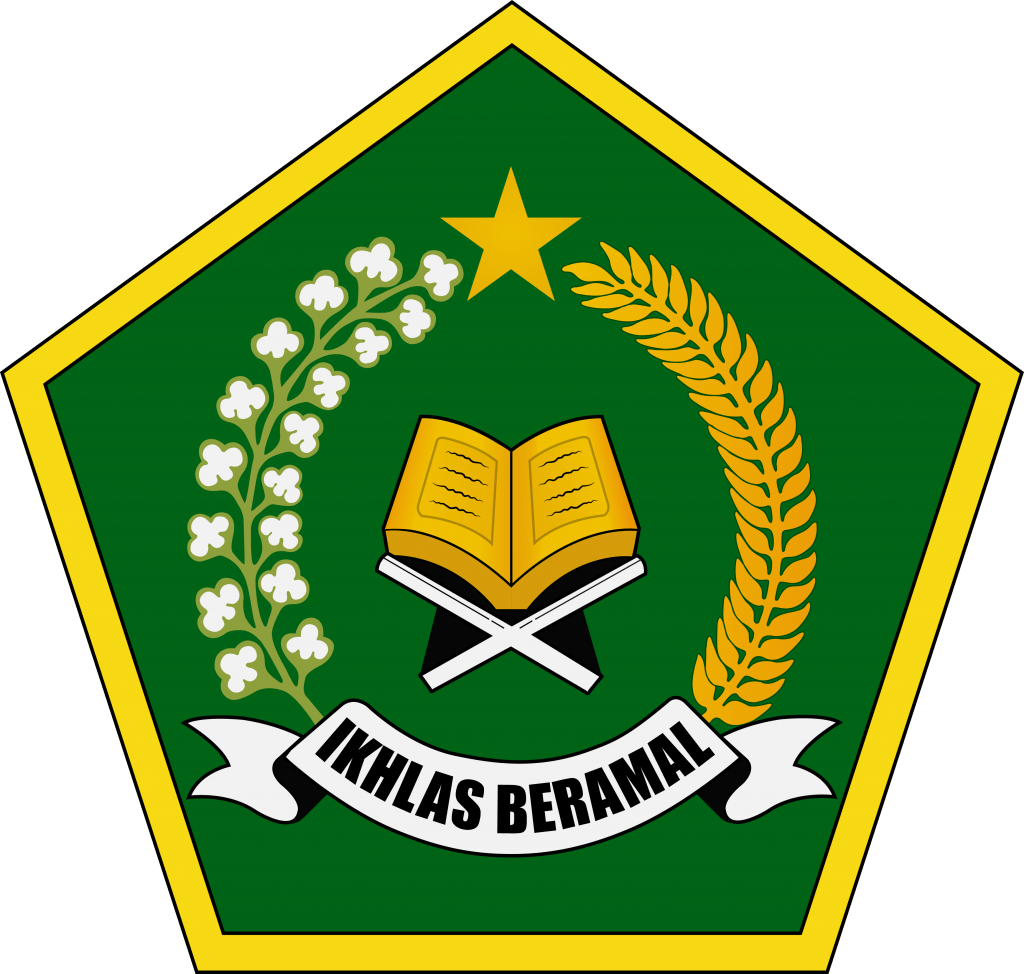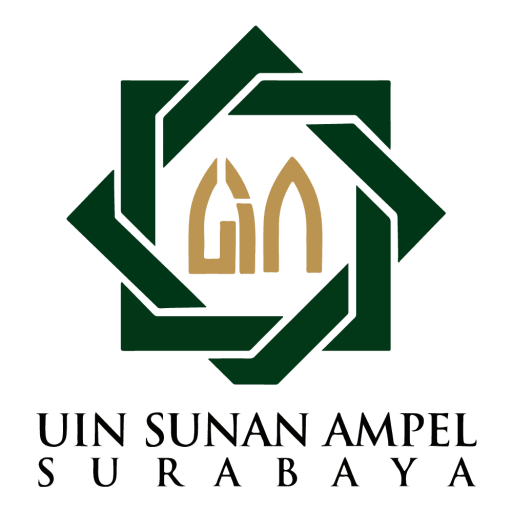One Hadith narrated by Bukhari states that it is His decree that we are leaders, both of ourselves and others. Therefore, it is important to understand how to be a proper leader. In Islam, a good leader is one who possesses at least four traits: honesty (siddiq), communication skills (tabligh), responsibility (amanah) and intelligence (fathonah). These traits are inherent in leaders who inspire people.
Gus Dur became one of the inspirational figures for young leaders, who had intelligence, good communication skills, as well as responsibility, and his simplicity was recognized by many people. Gus Dur’s leadership style is an example of young leaders today, not only because of his unique communication skills but also because of his pluralist attitude that is highly respected by all religious communities. The fulfillment of the religious rights of the Confucian people is proof that maintaining humanity is the most important, because interacting with humans is by using humanity not by one’s religious background.
Being a leader in this country, whether a religious leader, or a community leader, requires ownership of the spirit of Pancasila. The noble values that are a very rich material for a leader today are represented in the form of Pancasila as the foundation of our country. However, in an era where technology is the first tool of human interaction, it is also a challenge for a leader who is a Pancasilaist.
In addition to a pancasilist spirit, inclusiveness and pluralism are important traits for a leader to have. In his leadership style, Gus Dur upholds inclusiveness and pluralism. Seeing the development of the times where religious differences are still a problem in interacting until now, therefore a leader must have a pluralist spirit that views a person not from the origin of religion, but sees from humanity. That religious differences are not one of the obstacles in interacting with fellow humans, but instead can increase knowledge related to differences as well as cultural diversity.
Inclusive leadership is the key to an effective organization. This is because the success of an organization can be seen from the character of its leader. Being open to various inputs and consistent in learning are also characteristics of a successful leader. This is also a characteristic commonly found in learning organizations.
A learning organization is defined as an organization where people in general are continuously expanding their capacity to create the results they envision. Starting from a learning organization can design a progressive future organization.

So many things were learned about the nature and characteristics of ideal leaders in the 5th Interfaith Youth Leadership Training (PKPLA) organized by the Indonesian Conference on Religion and Peace (ICRP) for five days in Yogyakarta-Magelang. As a student of the Religious Studies program, in this training I learned a lot about leadership not only from the material but also from the PKPLA participants who came from various religions and cultures, such as Islam, Christianity, Catholicism, Hinduism, Confucianism, Sikhism, Baha’i and not a few who came from the assignment of each agency to participate in the activity. This makes the experience gained very extraordinary because it is not only listening to the material presented but also touring various destinations that have learning value in it.
There were several places visited, such as the Assalafiyah Islamic Boarding School in Yogyakarta, which has a sophisticated digital system and a very progressive ecopesantren program to minimize environmental waste. Then participants also visited Joglo Tani, a place that provides educational services, especially in terms of agriculture, to the community. It is important to understand that a leader not only looks at how his organization grows but also develops concern for the environment.
Furthermore, participants also visited Mendut Temple in Magelang, which is believed to be the oldest temple before Borobudur temple. The Muntilan mission museum was also a visiting destination as a place that stores the history of the development of Catholicism, especially in Java. These visits provide an understanding that inclusive-pluralist and Pancasila leaders are required to have broad knowledge, so that they can use knowledge glasses from any point of view, both from religion and culture.
PKPLA 5 is an activity that is a space for the younger generation to develop themselves, add insight, knowledge, and experience. The most important thing is to improve leadership skills, through sharpening various perspectives to answer the current and future needs of the nation and state. (Zakiatul Kamilia – Student of Religious Studies Study Program)
